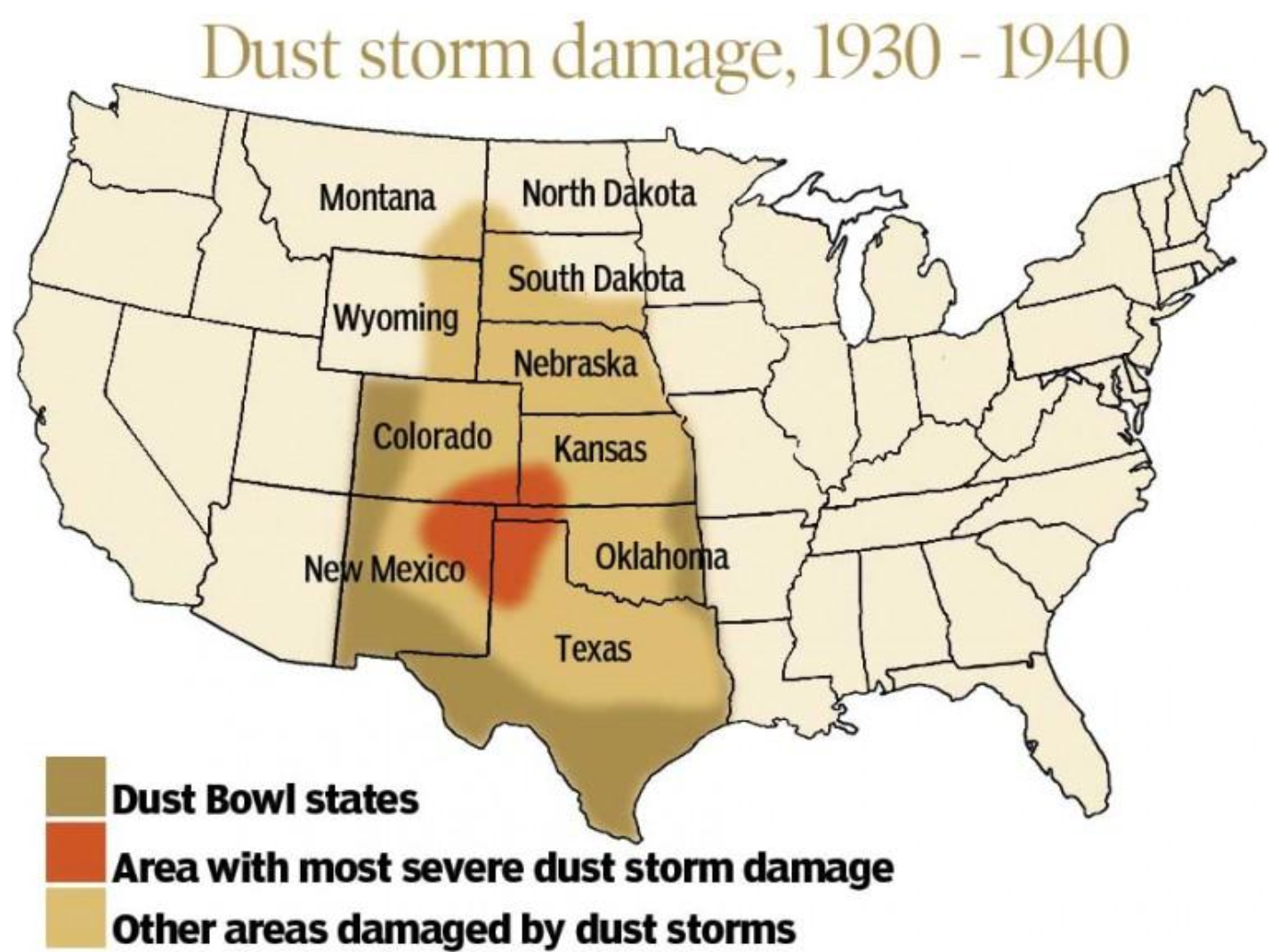To assess the documentary, choose one or two of these questions that should be posed in relation to "texts" in cultural geography, according to Marcus Doel in his 2010 article, "Analysing Cultural Texts" (now on moodle, in the section for your final paper).
• How, why and for whom has it been constructed?
• What are the materials, practices and power relationships that are assumed by it and sustained through it?
• What codes, values, dispositions, habits, stereotypes and associations does it draw upon?
• What kind of personal and group identities does it promote? And how do they relate to other identities? What does it mean?
• What are its main structuring devices: oppositions, divisions, metaphors, illustrations, exemplars etc?
• What kind of cultural/political/territorial/social/economic work does it do, and who benefits? What has been included, excluded, empowered and repressed? How might it be modified, transformed or deconstructed? How could this social space be inhabited differently?
• What wider assemblages does it fit into and resonate with? Are these assemblages synergistic or contradictory?
.jpeg)



